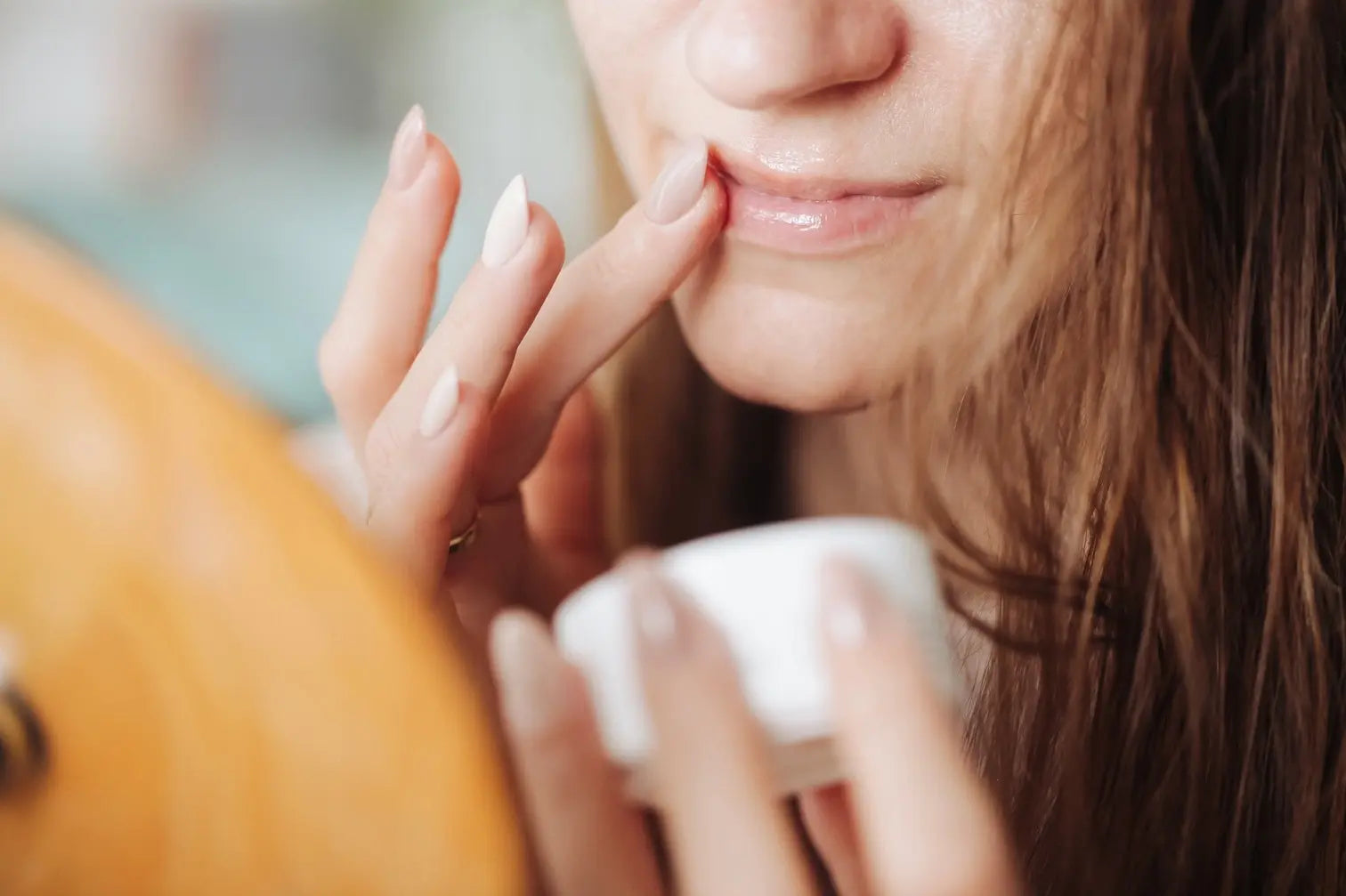Also known as petroleum jelly, mineral oil, and paraffin, petrolatum is a common skin care ingredient. It’s been particularly hailed as a moisturizing agent thanks to its ability to create a barrier on the skin, preventing water loss and protecting the skin from external factors. However, petrolatum has been a subject of controversy due to concerns about potential impurities and the possibility of something even more serious— skin suffocation. In this blog, we’ll explore the truth behind petrolatum and the issues with its use, as well as provide you with natural and sustainable skin care product alternatives that are kinder to your skin.
Petrolatum in Skin Care
Petrolatum is a synthetic emollient consisting of a semisolid mixture of hydrocarbons obtained from petroleum. It’s commonly used in skincare products due to its occlusive properties, which refer to its barrier-forming functionality. These properties help it act as a humectant, preventing transepidermal water loss (TEWL), and also as a shield to protect the skin from external stressors. Since it protects and helps maintain skin moisture, petrolatum is an effective ingredient for damaged and dry skin.
Concerns and Controversy
Despite its benefits, petrolatum has been a subject of controversy due to concerns about impurities, the possibility of skin suffocation, and its origin in a non-renewable resource. Some studies have found that petrolatum may contain impurities such as polycyclic aromatic hydrocarbons (PAHs), which have been linked to skin irritation and potential carcinogenic effects.2 Additionally, the occlusive nature of petrolatum has led to worries about skin suffocation, as it can potentially trap bacteria and other pollutants on the skin's surface, damaging the skin barrier.
In general, cosmetic product companies are responsible for conducting safety assessments of their products before they go to market, ensuring they don’t pose any health risks when used as intended. One way manufactures make sure their products are safe is by following Good Manufacturing Practices (GMP) guidelines. These practices include maintaining clean and hygienic manufacturing facilities, using quality ingredients, and implementing rigorous testing and quality control measures.
Another way is by adhering to FDA compliance. In the United States, the Food and Drug Administration regulates petrolatum as an over-the-counter (OTC) skin protectant, setting standards for its purity and ensuring that products containing petrolatum meet safety requirements.3 While American standards are rigorous, it can be hard to ensure proper refinement as US regulations don’t require a complete refining history before product processing as is necessary in the European Union.5 The EU imposes stricter limits on specific impurities, such as polycyclic aromatic hydrocarbons (PAHs), in petrolatum used in cosmetics, as stipulated in the Cosmetics Regulation (EC) No. 1223/2009.3

Drawbacks of Petrolatum
- Heavy texture: Petrolatum's heavy texture can make it difficult to apply evenly.
- Pore Clogging: Due to its occlusive nature, petrolatum may trap bacteria onto the skin clog pores, leading to breakouts and other issues.
-
Impurities:
All petroleum derived products have the potential to contain carcinogens and irritants if not fully refined. This is especially applicable in the US, where petroleum is not always refined into the white petrolatum used in Europe.4
Petrolatum-Free Skincare
- Petrolatum is a commonly used ingredient in skincare products due to its occlusive properties, which help prevent water loss, maintain moisture, and protect the skin from external stressors.
- Petrolatum has been a subject of controversy due to concerns about potential impurities and the possibility of skin suffocation.
- Regulatory measures, such as FDA classification and European Union regulations, are in place to ensure the safety and purity of petrolatum in skin care products.
- Petrolatum has usability drawbacks, such as its heavy texture, potential for clogging pores, and possible impurities.
- Petrolatum-free skincare products, like those offered by OneSkin, are available as a safer alternative.



